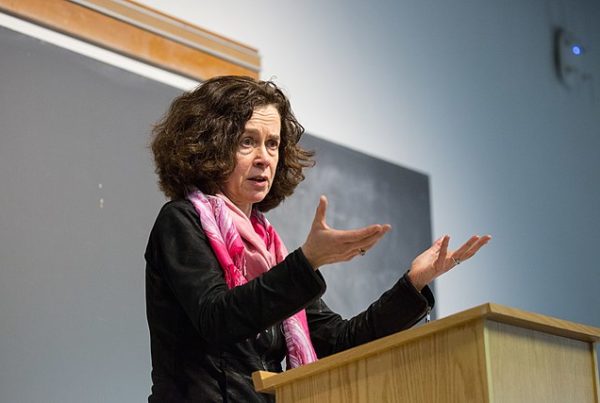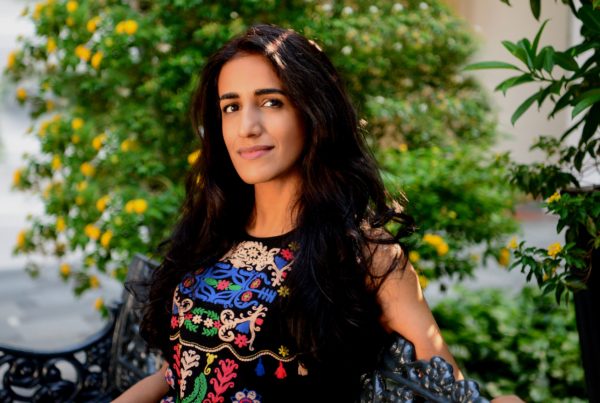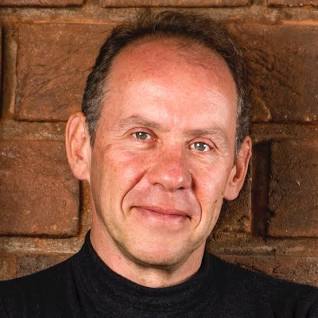Keynote Speaker Category: Artificial Intelligence, Innovation, Peak performance, Resilience, Strategy,
RECENT HIGHLIGHTS
Human Leadership in the Era of AI Disruption — Amsterdam 2018
We cannot predict exactly how AI will change specific things, only that it will. It’s here. And while everyone is nervous about being first, nobody can afford to be last. The only losing strategy is not to have one.
Human and Machine Insecurities — Prague, for Avast Software
The collaboration of human + machine is the key to the future. The winners will be those who get the best combination of intuition and data-crunching power.
How Life Imitates Chess — Warsaw, Giants of Life Conference
Tactics are what you do when there is something to do. Strategy is what you do when there is nothing to do. It’s the difference between knowing how and knowing why.
Strategy for Global Vision — Salzburg, for Greiner Manual
The Salzburg Soloists Quartet can produce beautiful music, but larger groups need another ingredient. They need leadership, a CEO. They need a conductor.
The Strategic Advantage of Thinking Big — Helsinki, Nordic Business Conference
The Happiest Day of Your Life — St. Louis, Commencement Address at St. Louis University
Hard work is a talent. The ability to keep trying when others quit is a talent. … If you always have a dream, the happiest day of your life is never over.
Intuition and Analysis: Is Your Brain Just a Very Fast Computer? — Oxford, Saïd Business School at the University of Oxford
Computers still can’t decide, or say exactly when to decide. How much time is enough? How much data is enough?
The Freedom to Succeed the American Way — New York City,
Milton Friedman Prize Dinner Keynote for the Cato Institute
In the media:
Archive, 1990: Garry Kasparov is ready to pounce
Garry Kasparov on the need to improve our politics with technology
Garry Kasparov at FICO World 2018
BIOGRAPHY
Born in Baku, Azerbaijan, in the Soviet Union in 1963, Garry Kasparov became the under-18 chess champion of the USSR at the age of 12 and the world under-20 champion at 17. He came to international fame at the age of 22 as the youngest world chess champion in history in 1985. He defended his title five times, including a legendary series of matches against arch-rival Anatoly Karpov. Kasparov broke Bobby Fischer’s rating record in 1990 and his own peak rating record remained unbroken until 2013. His famous matches against the IBM super-computer Deep Blue in 1996-97 were key to bringing artificial intelligence, and chess, into the mainstream.
Kasparov’s was one of the first prominent Soviets to call for democratic and market reforms and was an early supporter of Boris Yeltsin’s push to break up the Soviet Union. In 1990, he and his family escaped ethnic violence in his native Baku as the USSR collapsed. In 2005, Kasparov, in his 20th year as the world’s top-rated player, retired from professional chess to join the vanguard of the Russian prodemocracy movement. In 2012, Kasparov was named chairman of the New York-based Human Rights Foundation, succeeding Václav Havel. HRF promotes individual liberty worldwide and organizes the annual Oslo Freedom Forum. Facing imminent arrest during Putin’s crackdown, Kasparov moved from Moscow to New York City in 2013.
The US-based Kasparov Chess Foundation non-profit promotes the teaching of chess in education systems around the world. Its program already in use in schools across the United States, KCF also has centres in Brussels, Johannesburg, Singapore, and Mexico City. Garry and his wife Daria travel frequently to promote the proven benefits of chess in education and have toured Africa extensively.
Since 1990, Kasparov has been a regular contributor on politics to many major publications, including The Wall Street Journal, The Washington Post, and The New York Daily News. He speaks frequently to business audiences around the world on strategy, decision-making, and artificial intelligence. He is a Senior Visiting Fellow at the Oxford Martin School with a focus on human-machine collaboration. In
2016, he was named a Security Ambassador by Avast Software, where he discusses cybersecurity and the digital future, and to the executive board of the Foundation for Responsible Robotics.
In 2017, Kasparov founded the Renew Democracy Initiative, dedicated to promoting the principles of the free world. After adding hundreds of prominent signatories from all parts of the political spectrum and around the world, RDI’s first project was an essay collection modeled on the Federalist Papers titled Fight for Liberty, which was published in October 2018.
Kasparov’s book How Life Imitates Chess on strategy and decision-making is available in over 20 languages. He is the author of two acclaimed series of chess books, My Great Predecessors and Modern Chess. Kasparov’s prescient 2015 book, Winter Is Coming: Why Vladimir Putin and the Enemies of the Free World Must Be Stopped, is a blend of history, memoire, and analysis of the threats to the modern world order.
Kasparov’s latest book is Deep Thinking: Where Machine Intelligence Ends and Human Creativity Begins (2017). It reveals the full story of his matches against Deep Blue and his optimistic and pragmatic analysis of our future with intelligent machines. He says, “AI will transform everything we do, and we must press forward ambitiously in the one area robots cannot compete with humans: in dreaming big dreams. Our machines will help us achieve them. Instead of worrying about what machines can do, we should worry more about what they still cannot do.”
RELATED ARTICLES
PLANNING AN EVENT?
For more information on this speaker, contact Oration Speakers directly.










